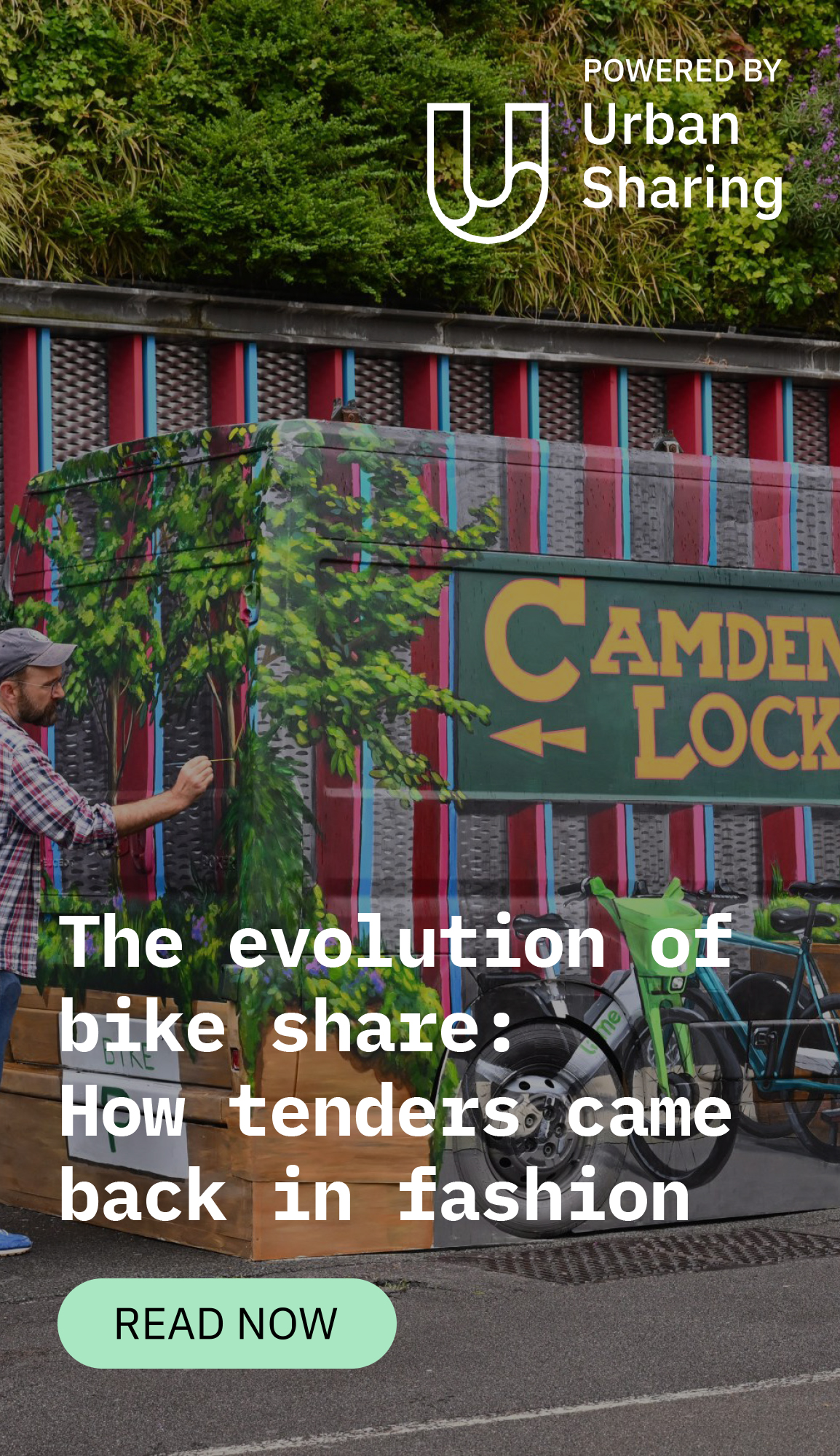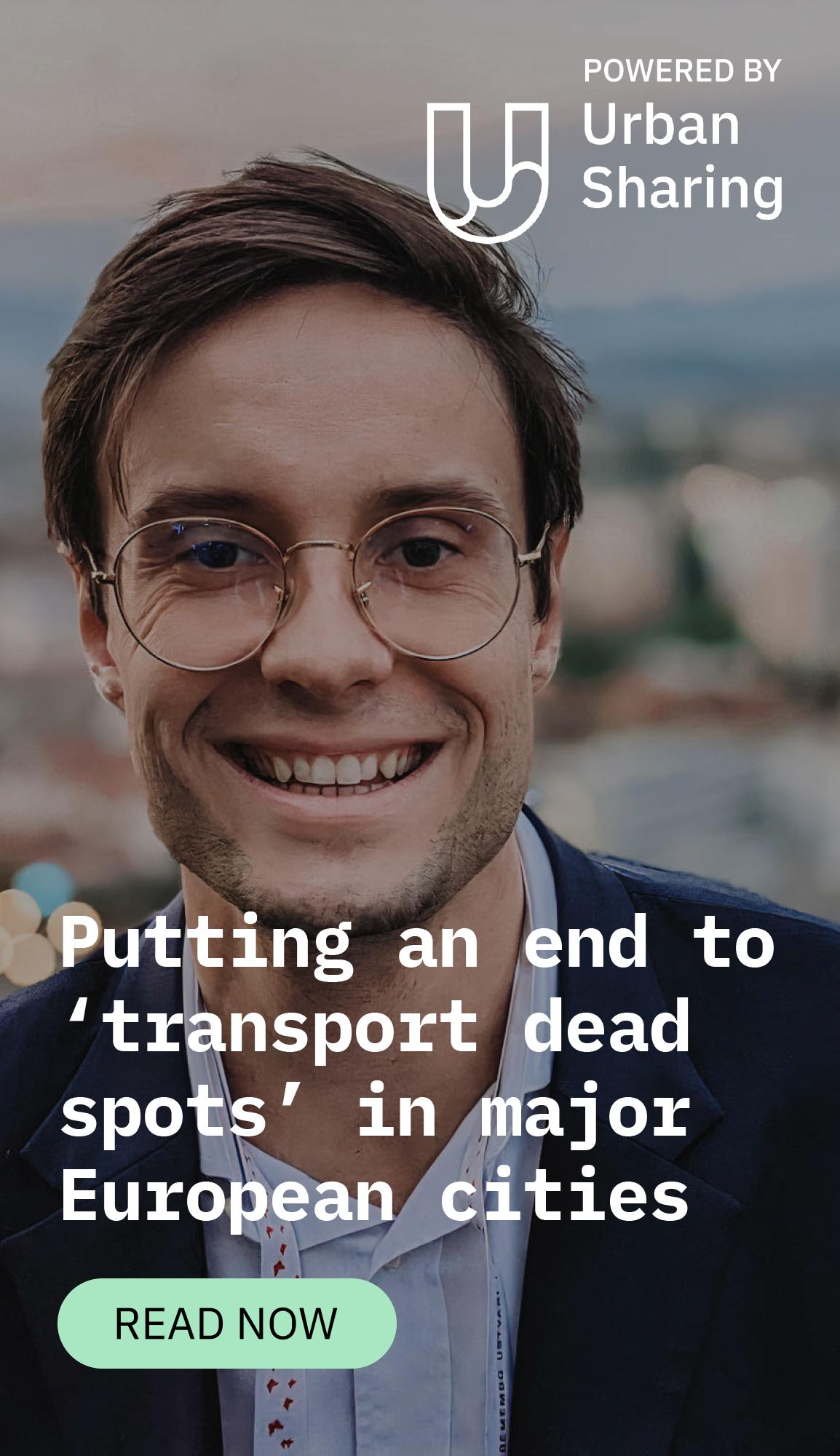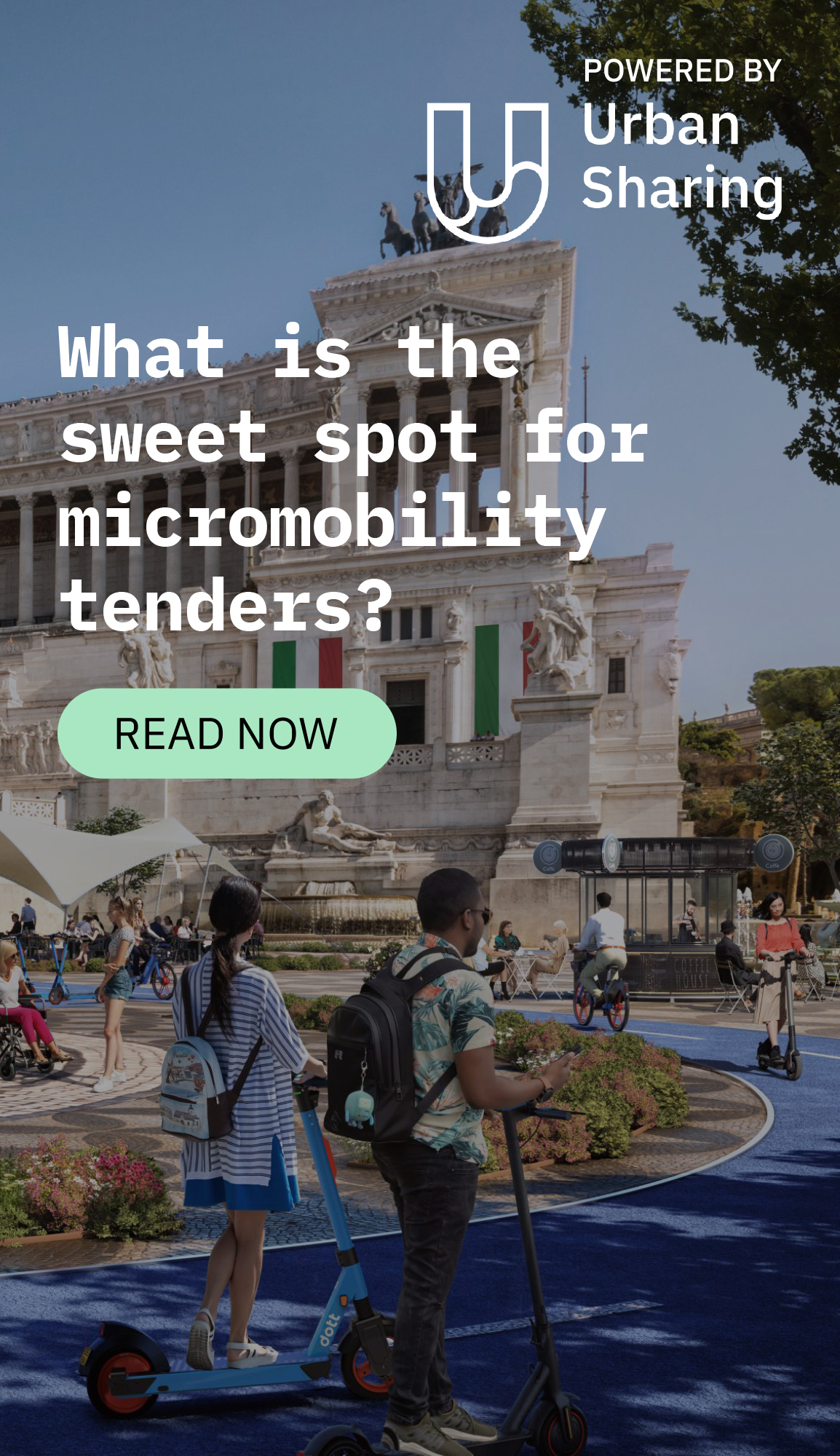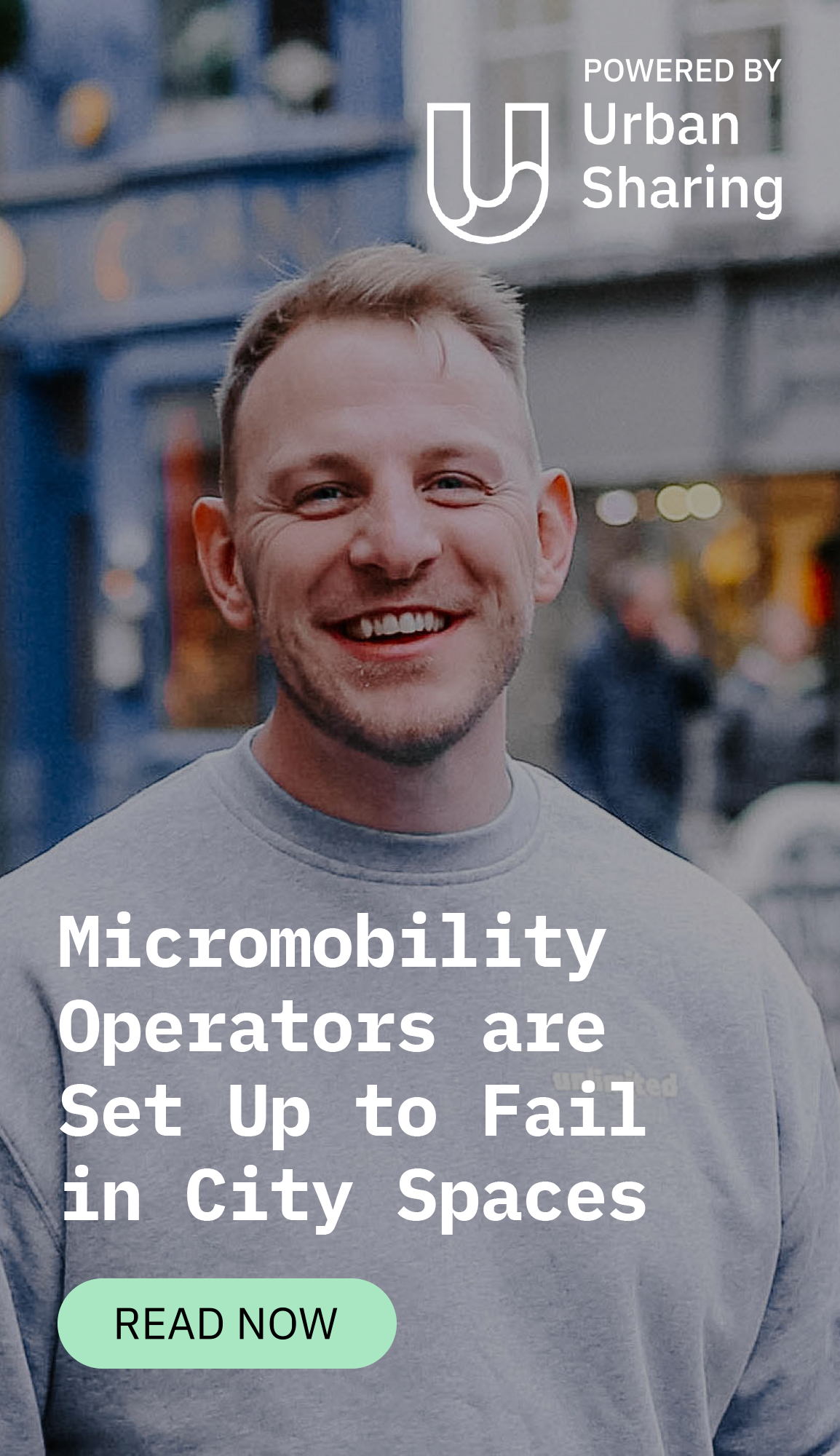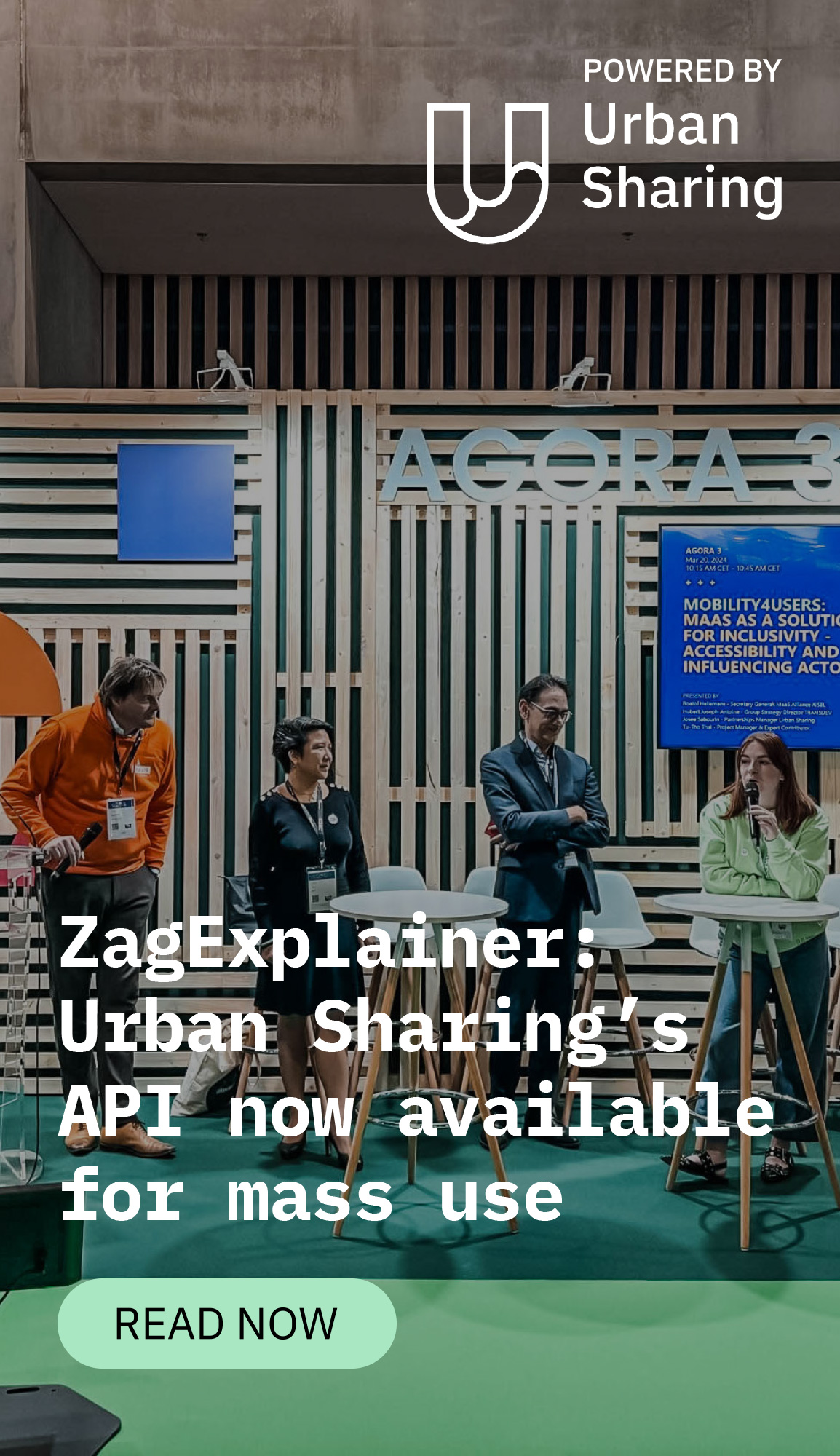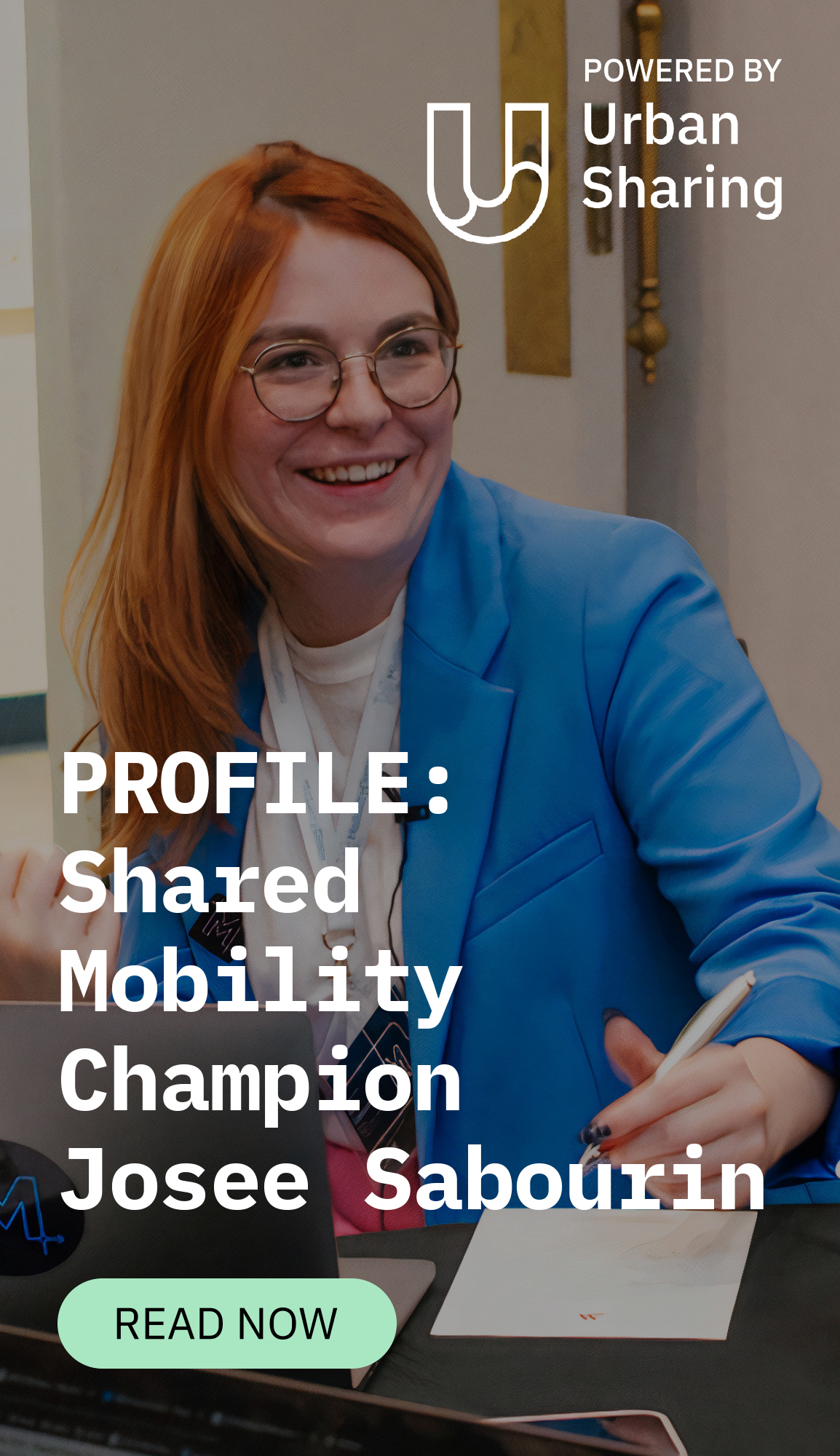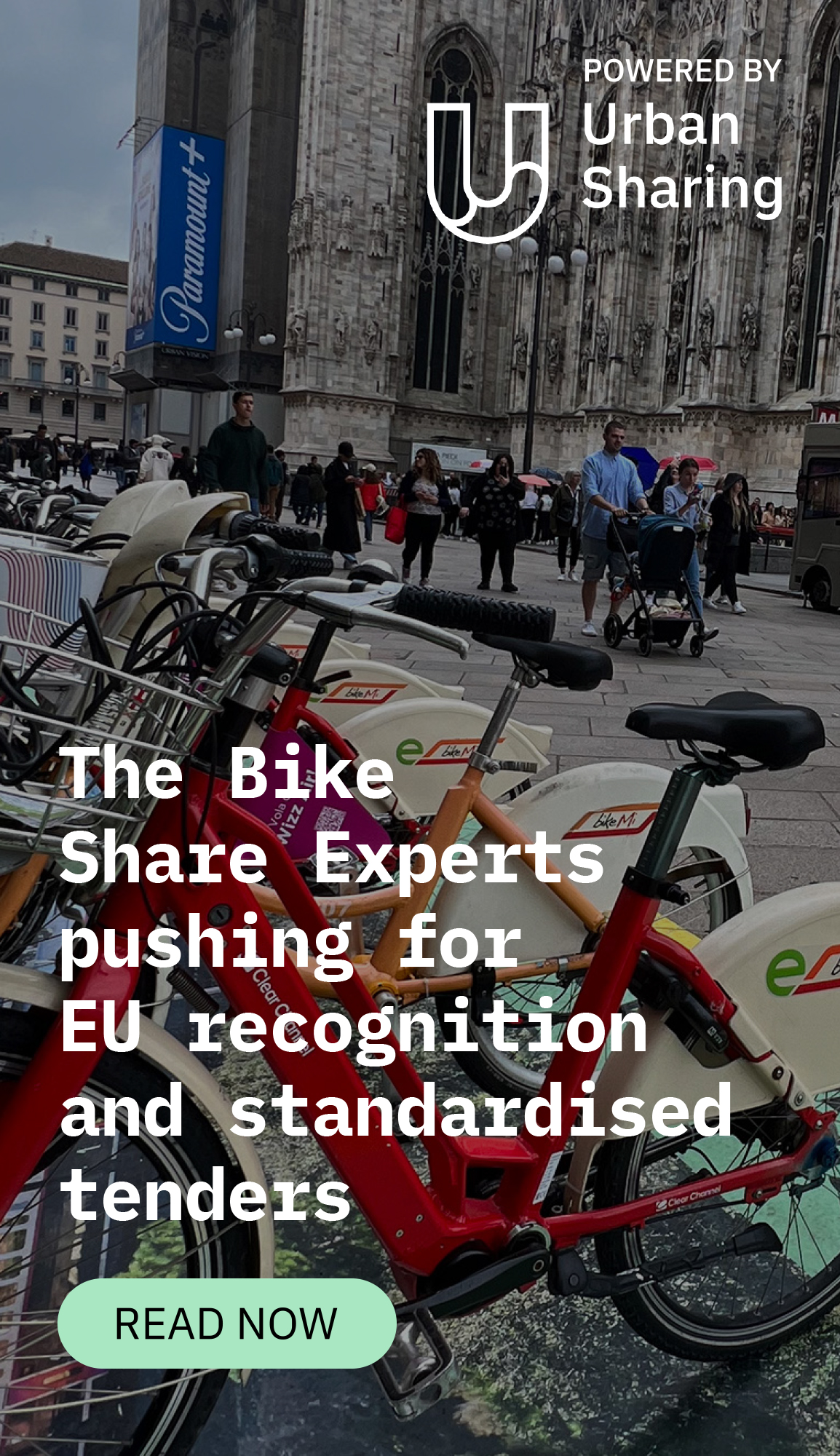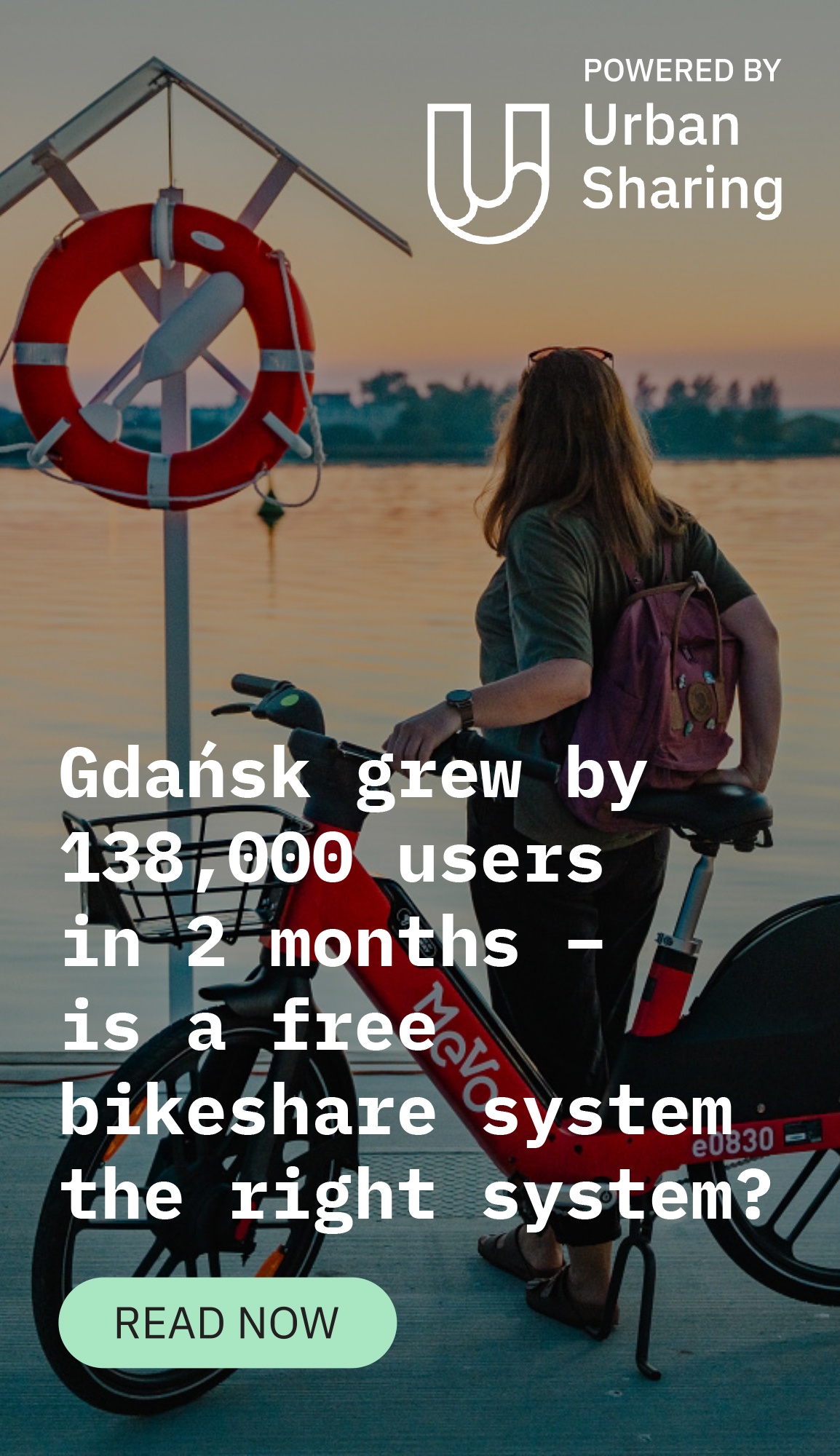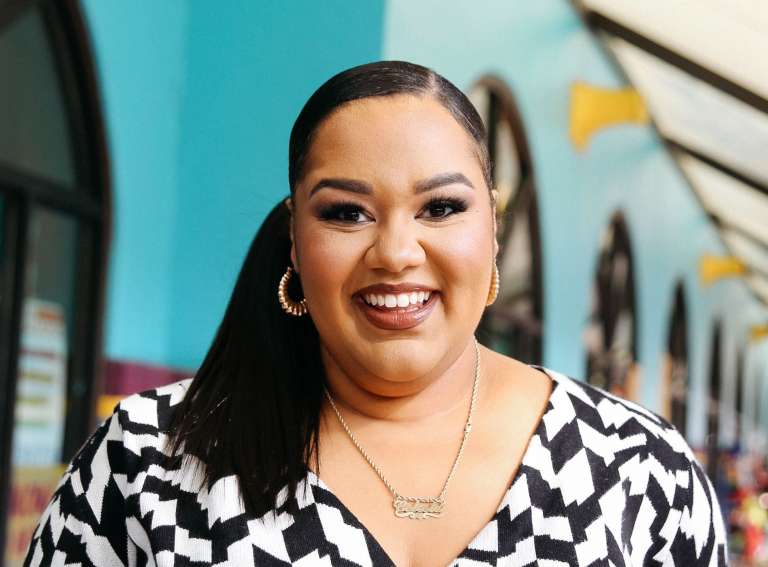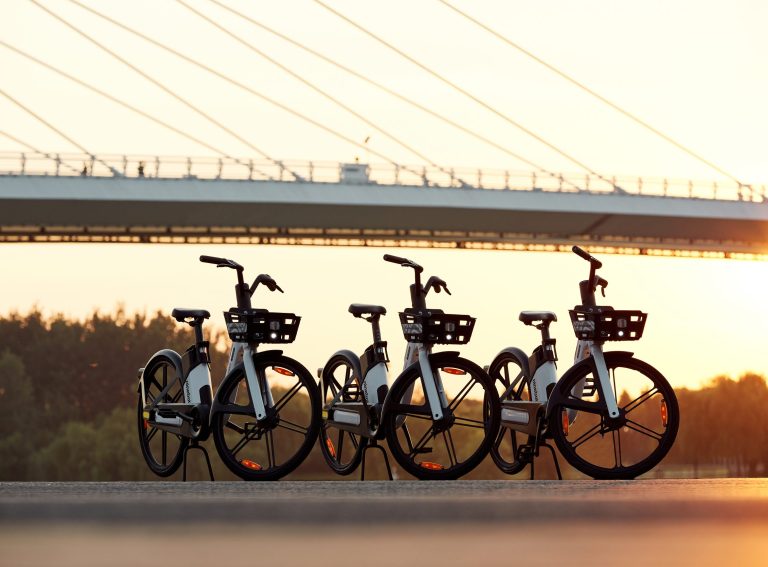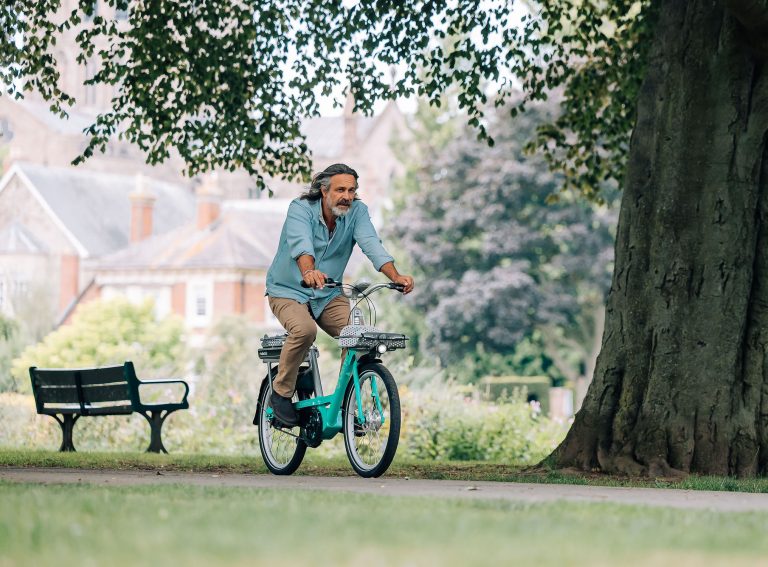Author: Nuri Boraie, Global Public Affairs, Dott
Dott was founded with the mission of building a more sustainable world in which cities are free from pollution and designed for people, not cars. For our business to leave a lasting, positive impact on every community in which we operate, we have implemented environmental and socially sustainable practices across our global business.
Across Dott, our teams focus on offering cities a responsible partner to help meet their climate action, health and transportation goals. We are determined to support cities with a service that is as readily available, universally inclusive and easily accessible as existing city services. But we know our impact will be much greater when more businesses come together to adopt more powerful and transparent sustainability frameworks. To that end, we’re pleased to share that last month, Dott was accepted as one of the United Nations Global Compact’s (UNGC) first micromobility operators serving major regulated European cities. We are joining the world’s largest sustainability initiative of private and public sector organisations in more than 170 countries, working together to use our businesses as a force for good.
Our existing sustainability framework and history of decisive actions toward meeting sustainable development goals helped earn our admission to the UNGC, fitting well within the Compact’s requirements for clear, public commitments.
We believe that micromobility done reliably requires long-term investment and a responsible and transparent partner. For this reason, Dott rejected the gig economy from day one. In every city, we establish operations centres with employees who are fully contracted shareholders. By relying on direct employment, we provide cities a safer, more reliable, more sustainable service. We require extensive on-the-job training for all employees to make sure they’re experts in their field, then we go further. The recent launch of ‘Ride Your Future’, a professional training programme fully subsidised by Dott, allows entry level operations colleagues to build technical and soft skills ensuring our team members reach their full potential.
Large upfront investment in high-quality operations centres, staffed by skilled internal employees affords us unparalleled oversight and management into how, when and where our bikes and scooters are maintained. Combining the wealth of expertise of our internal teams with intelligent predictive modelling systems and high-quality maintenance tools, we dramatically extended the lifespan of our vehicles.
Our investments pay off. Our first generation scooters are still on the road after three years and, as a result of high-quality maintenance, we expect to keep them on the road until 2023. Further, we will exceed the five year expected lifespan of our latest model. When a vehicle can’t be repaired, we reuse, upcycle or recycle any parts we can, including finding second-life applications for our batteries. We’ve recently launched micromobility’s first circularity project with end-of-life batteries.
We have offset our emissions since our inception, but purchasing our way to carbon neutrality through offsets isn’t enough for us. We are targeting 100% renewable energy across our operations centres and fully electric logistics vehicles, such as cargo bikes. We have equipped our local teams with dashboards allowing them to dynamically measure their emissions. This new level of detail allows every team member to understand the impact of our reduction strategies, and implement actions that urgently reduce the highest emitting activities.
These strategies have helped us reduce our carbon footprint by 65% from 2019 to 2020, and another 40% for every kilometre ridden in 2021. Our reduction targets are registered with the Science Based Target initiative in line with a 1.5 degrees scenario. These numbers might look different to others in our industry, but this is because our reduction targets are ambitious and in our modelling we refuse to cut corners.
Not only is creating a sustainable service the right thing to do for our planet, it also creates an economically viable service allowing us to reinvest in efforts to bring more people into sustainable transportation and the creation of meaningful social impact programs. We’re regularly expanding our offering to include more form factors, and ensure our fleet is as available as public transportation across all areas of the cities we serve, with an emphasis on connecting suburbs and underserved areas. Collaborations with disability groups help ensure our operational codes of conduct are considerate to the needs of all road users. Our ‘Helping to Help’ programme organises our employees around volunteer and donation opportunities with on-the-ground organisations like NGOs, schools and local governments, making communities safer, more equitable and more resilient.
As a member of the UN Global Compact, we will be reporting on our progress as we work towards our targets, and will be delivering a Communication on Progress to the United Nations.

